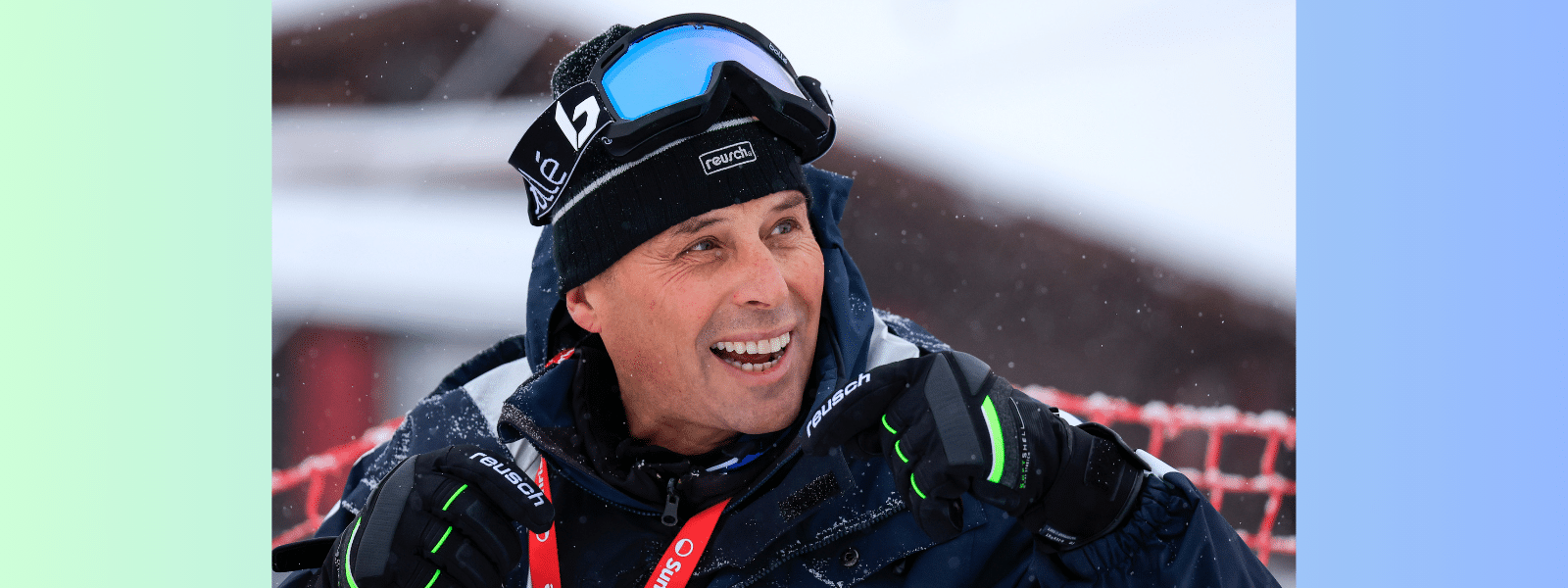That Was a Record (But Not the Good Kind)
That was a record. This year, the first time I heard kids talking enviously about killer point races scored by their peers was in November. November. This, in a sport that hits its stride in mid-February and doesn’t wrap up until early April. Sure, there are always rumblings of kids getting a jump on the racing season in the Southern Hemisphere, but thankfully it’s still a rare junior who is chasing points in August. If the new normal, however, is to be race ready in late November while still being able to hit peak performance in late March, all I can think is: “This is going to be a long season!”
The urgency to perform earlier and earlier each winter is no longer reserved for athletes at the FIS level, who are in fact often prepared to race in early December. Those athletes should be somewhat armed with the physical stamina and the perspective to handle the vagaries of ski racing, that oh-so-very-long season of highs and lows. But for younger athletes who are old enough to be fully invested in the sport yet still too young to have the perspective of just how long it takes to develop, the compulsion to obtain results at earlier ages and earlier each season brings some dicey side effects.
At the very least, a larger window for performance anxiety in the U16 age class (and yes, even U14) comes at an especially tough time for athletes developmentally. Unwieldy and uneven growth spurts, ongoing equipment changes and a ramped-up competition schedule shuffle the deck in mysterious ways. Toss hormonal chaos into the mix, and you might end up with kids who were once totally positive and secure suddenly feeling confused, alone and even angry. Graveyards of broken poles attest to this! The expanded expectations also mean that parents, coaches and supporters need to be prepared with disaster counsel earlier and more often during the season.
How can you best help kids at this age whose performance is significantly below their expectations? The “Don’t Worry, Be Happy” mantra or “here’s a cheeseburger and fries” solution that once worked so well no longer cuts it when kids become more invested in their performance. Their dreams, however modest or extravagant, are real and very powerful. It’s those visions of success – be that a gargantuan trophy, a killer point race, a sought-after qualification or simply the sensation of performing their best – that get them out of the gate on every training run regardless of conditions. While it offers no comfort to dismiss poor performance as insignificant, some reality checks can help wrangle emotions and reframe a positive, productive outlook.
Here are some approaches worth a try:
- The Long Road Offensive
It can’t be overstated that the process of developing as a ski racer – maturing physically, mentally and technically – is a long and bumpy ride. If you’re going fully into it, buckle up! - Gravity is Fair. Ski Racing? Not so Much.
This sport serves up countless factors that are out of your control and a vexing amount of randomness. Opportunities, circumstances and luck align at all different times for different people. The best you can do is to prepare yourself to be ready when your time finally arrives. - Keep Your Eyes on the Prize
The fastest way to get over disappointment is to look to the next thing, be it the next training, the next race or even the next season. Refocusing on a bigger goal will smooth out the day-to-day rough spots and annoyances. - Get Back to Basics and Blow Off Steam
Sometimes failure offers you a chance to slow down and go back to fundamentals. All racing all the time can take you away from the good feelings underfoot that are your solid platform. Push reset and work on basic movements, or simply blow off steam by skiing entirely for fun, sensation and sociability. - Points are Portable
If someone goes out and gets great point races, eventually they will bring them home, kind of like Robin Hood. Then they will be yours for the taking. Saddle up and get ready to score your own career-best result instead of ruminating on the points bonanza you missed last weekend on the other side of the country. - Do Something Now
This is not the time for woulda, coulda, shoulda lectures on what might have been. (Trust me on this – those will not be well-received.) It is a time to reflect, without emotion or judgment, on what can be done better or differently moving forward. This can range from things like training, rest and diet to communication and mental approach.
*The Inevitable Disclaimer
I say all of the above with full recognition that none of it may offer any comfort in the moment. If you need to go back to cheeseburger therapy, so be it. Over time, however, consistent support and a focus on continuous improvement can take the sting out of setbacks and losses along the way. The second part of a season can feel like a wealth of opportunities if you can find a way to approach each day fresh, with renewed strength and hope. Likewise, it can feel like an irreversible spiral down the drain if you dwell on each disappointment and internalize it.
Beyond Parents
To fully develop any skill, the main thing kids need is someone to believe in them. Parental support is crucial, but you can only support and love your kids 100 percent. What happens when that’s not enough? At age 15, I recall being talked off a ledge several times during the ski season. It took a lot of convincing that no single race was going to significantly change me for better or worse. Though I know my parents made it their full-time job to console and reassure me, it was not their words I remember most. It was encouraging words from coaches, equipment reps and fellow racers – often not even from my own program or country – that made the biggest impact. I remember each of those conversations still. In a dark time they were the faint glimmer that someone other than my parents and people who were paid to attend my needs believed in me. It almost didn’t matter what they said. Their mere gesture of noticing gave me a sense of worth.
None of us has to think back too hard to remember how empty and hopeless it feels to be ignored. Realistically, there will be people at every level, even coaches and even through the World Cup level if you get there, who don’t believe in you. There will be others whose belief in you can be life-changing. Find those people, listen to them and believe them right back. Give it up for German writer Johann Wolfgang von Goethe who put it this way: “Treat a man as he is, and he will remain as he is. Treat a man as he can and should be, and he will become as he can and should be.” Saying the right thing at the right time can seem very complicated, but often it’s as simple as just saying something.






















